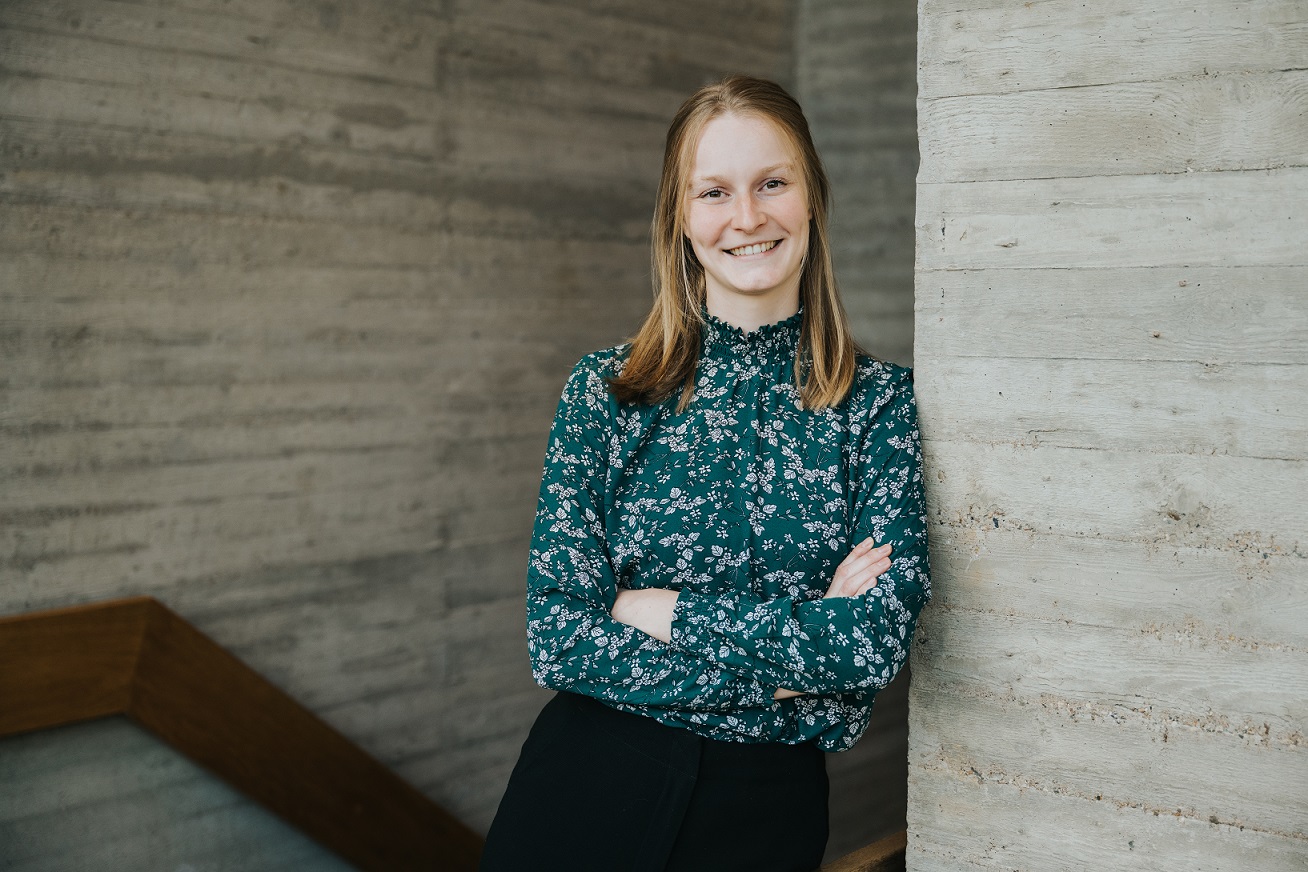an Industrial Design graduate from Eindhoven University of Technology and a Designer in Residence at the Design Impact Transition (DIT) Platform and the Dutch Research Institute for Transitions (DRIFT).

Complex societal challenges like climate change, biodiversity loss and depletion of resources are becoming increasingly visible. There has always been a need to address these challenges, however this need seems to be bigger now than it has ever been. We are searching for ways to address the challenges of our time and I believe design has a big role to play in this. The systems these challenges are part of, as well as the challenges themselves, are ambiguous, complex and abstract. As design problems have never been clearly defined or easily solved, I believe designers can thrive within these complex environments. We can create design spaces which offer opportunities, rather than getting stuck in the system, because of our ability to combine analysis and creation into synthesis. Analysis helps us to grasp complex societal challenges, learning how they are positioned within the bigger system and understanding how they came to be. By creating, design can make visible what is not, showing possibilities and making them tangible. Design triggers imagination and creates awareness because of its experientiality, so we can reflect on our own practices and roles in the system. This empowers others to take part when they couldn’t before. When combining analysis and creation into synthesis, design can bridge the gap between the system world and the lifeworld of people.
In the design process, I believe we can make use of any combination of skills, tools and approaches. For me, it is not about committing to one approach, or a discipline even, but about combining the right elements of different approaches, to create a tailored process for each complex challenge. This process is not fixed at the beginning, rather it evolves along the way. Designs, prototypes, artefacts or products are not by definition the outcome of my process, they are used within the process to gather insights, to provoke and to find a way to trigger discussions about more just, resilient and sustainable futures. A firm theoretical basis is needed, which has to be combined with the practical mindset and skills of a designer. Theory has to be grounded in practice, and should be developed hand in hand with creating things; designers are makers after all.
As a designer, I approach matters with an open mind, always curious to learn more about them. I am open, empathic and honest towards myself and others. Complex societal challenges intrigue me because of their dynamic nature; they challenge our understandings of what is possible and lead to new ways of working every time. It fascinates me how they came to be and evolved over time. For me, being a designer means being able to switch between different scales and lenses: understanding the challenge at a macro level, but also looking at the implications and people’s experiences on a micro level. I listen to others, observe, learn and try to understand where they are coming from.
In my work, I combine analytical skills and creativity. Analysis helps me to understand the challenge, but also the different perspectives that are part of it. Creativity helps me to translate the intangible and abstract to tangible and visible. When designing, I work with my hands and experiment, trying to find the right combination of materials, methods and skills to shape a design. The aspect of experientiality is important within my designs. People should be given the opportunity to immerse themselves in it. I believe this enables reflection and allows for opinion forming.
In the design process, I am a motivated and self-disciplined worker. I pick up things fast and always show a lot of initiative. I am often guided by intuition and try to listen to myself. This enables me to indicate my boundaries and stand my ground. I am not afraid to, respectfully, express my opinion and pushback. I enjoy challenging myself and learning new things. Therefore, I also prefer working in a transdisciplinary manner, trying to move beyond disciplinary boundaries. This confronts me with different mindsets and understandings, which moves me out of my comfort zone. In my experience, the merging of worlds and perspectives often leads to completely different and novel ways of approaching complex societal challenges.